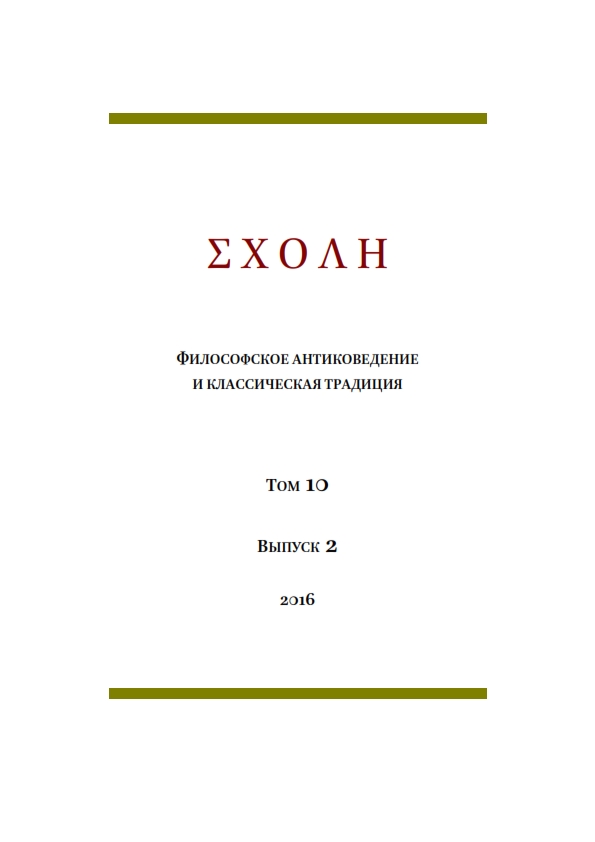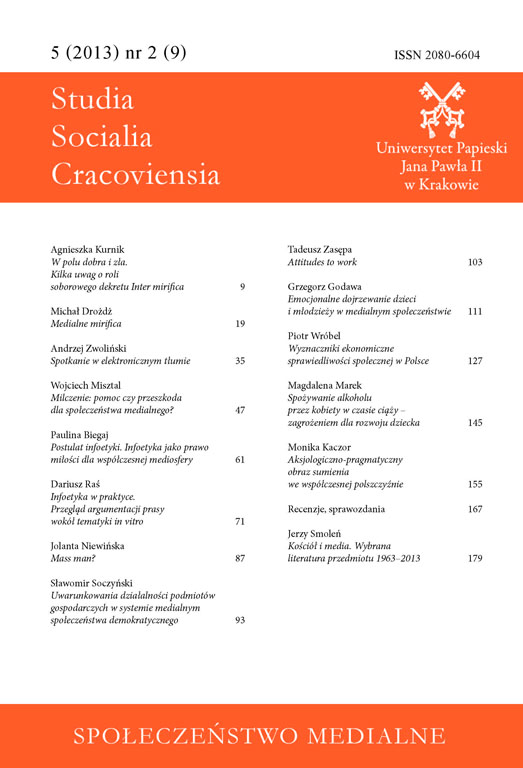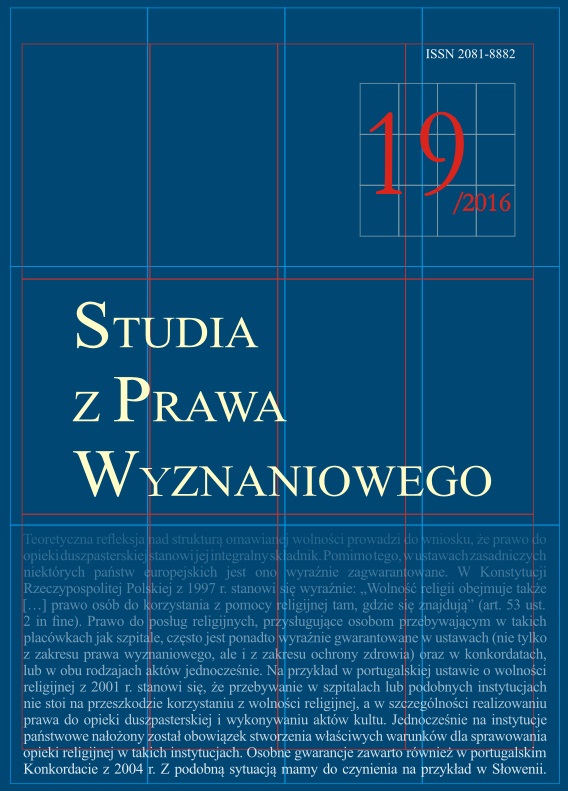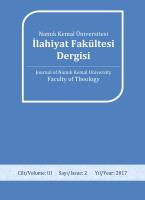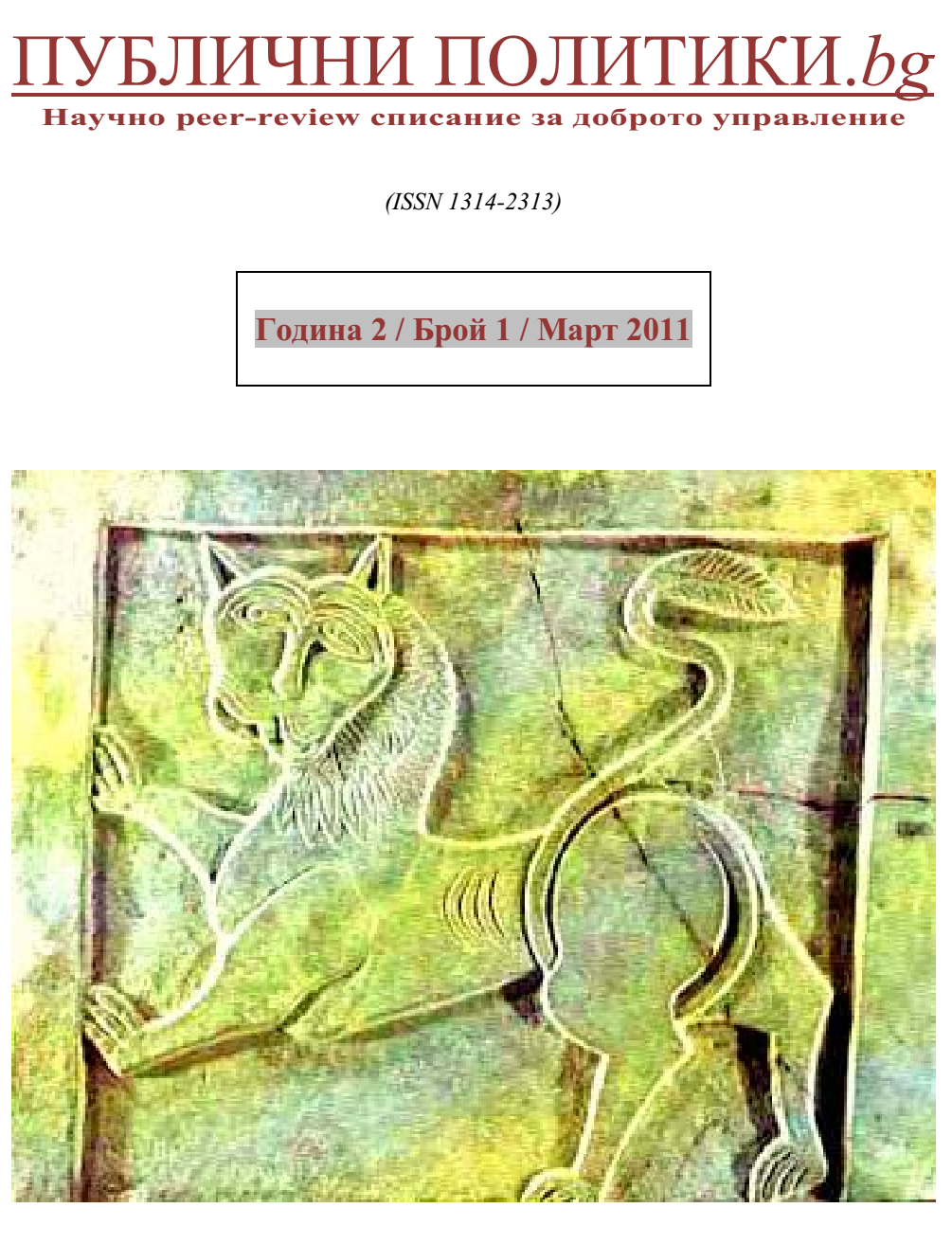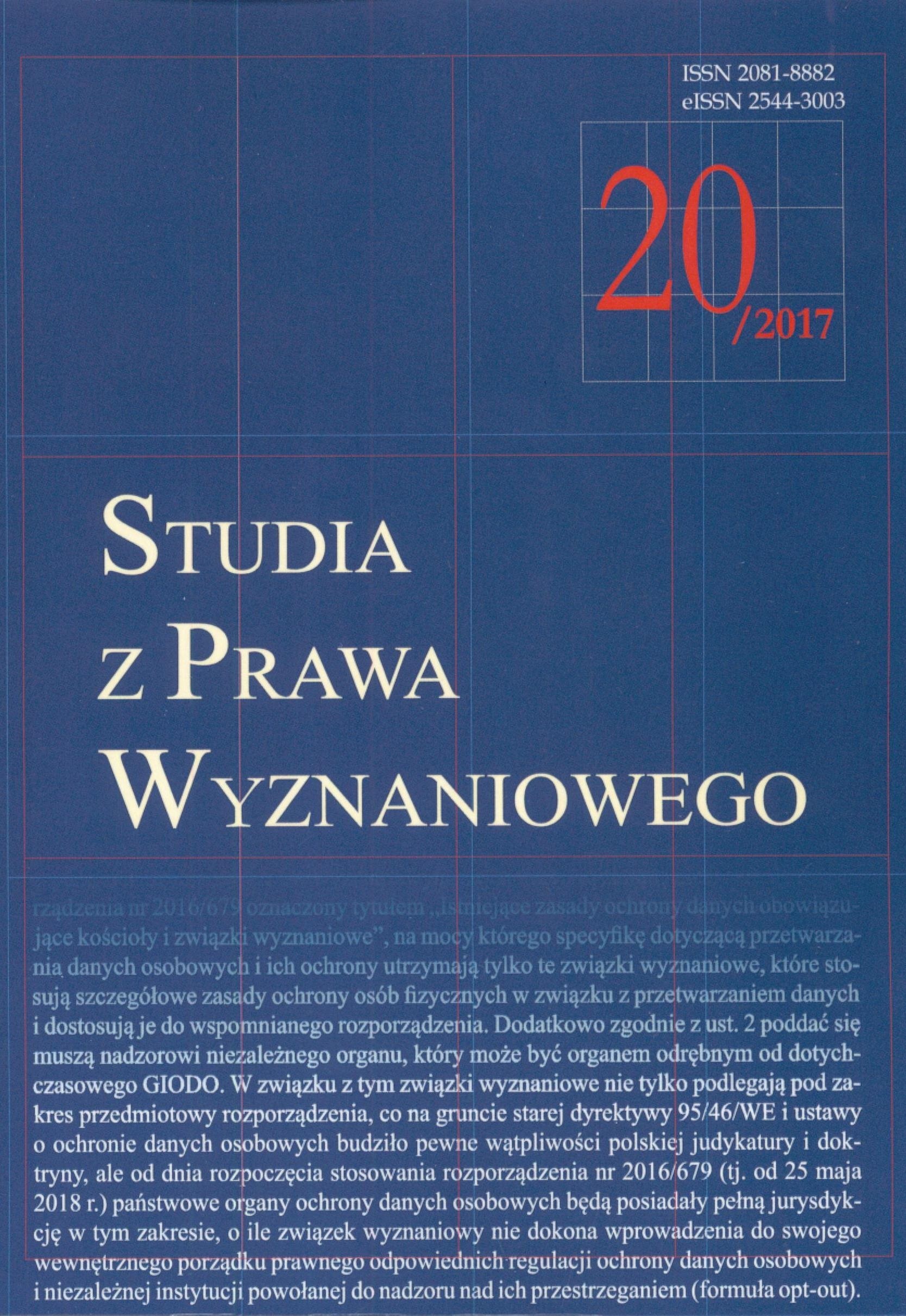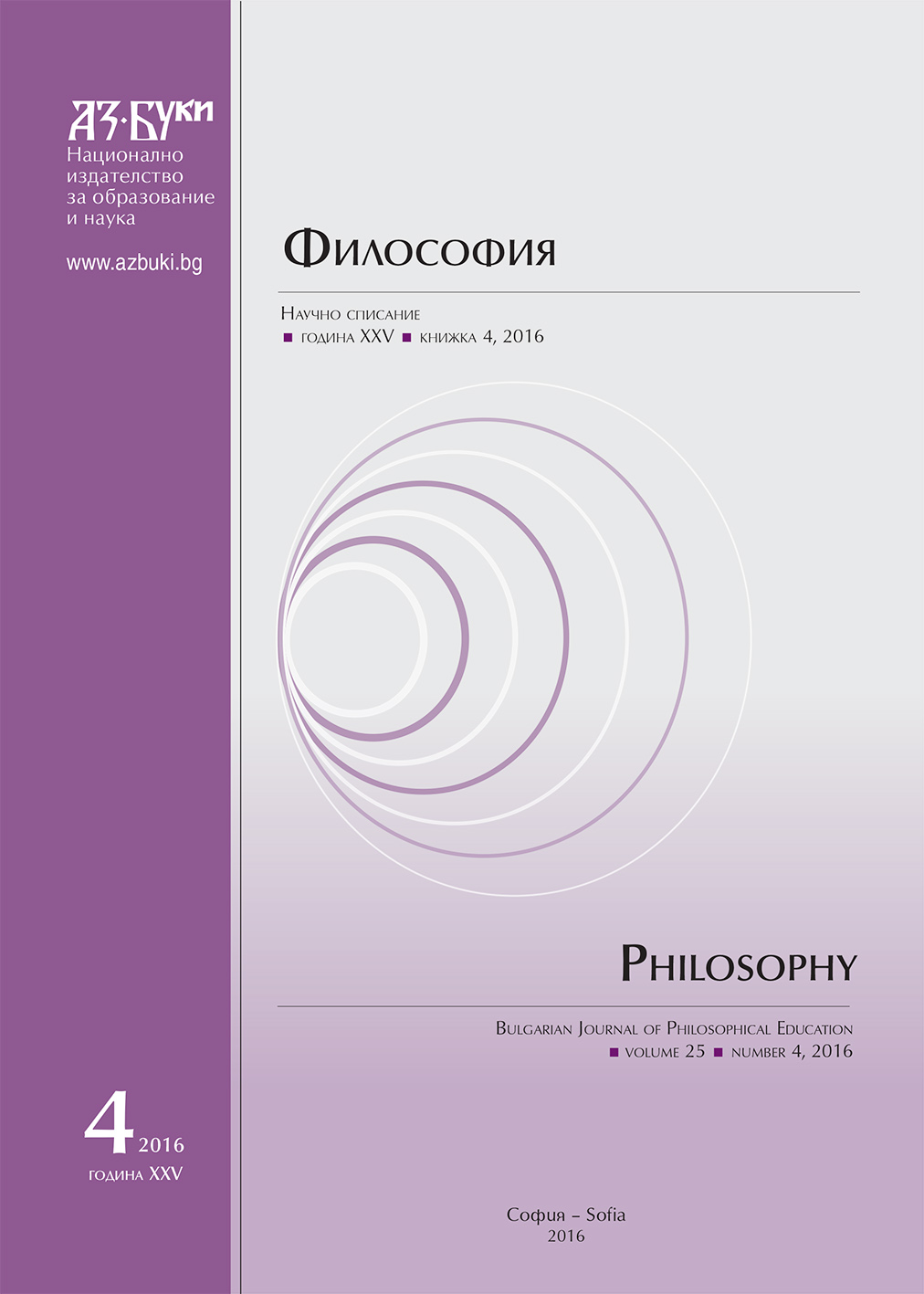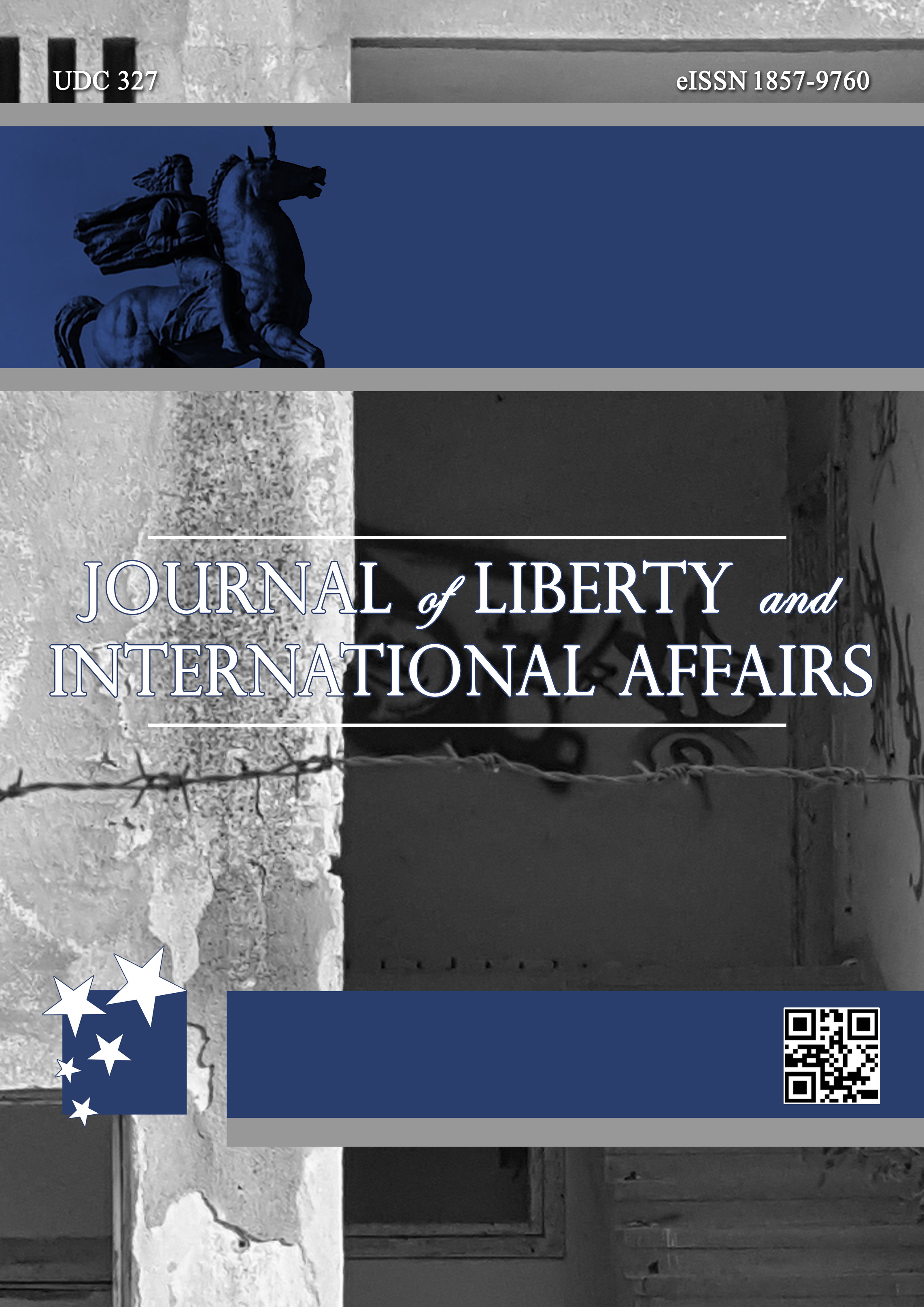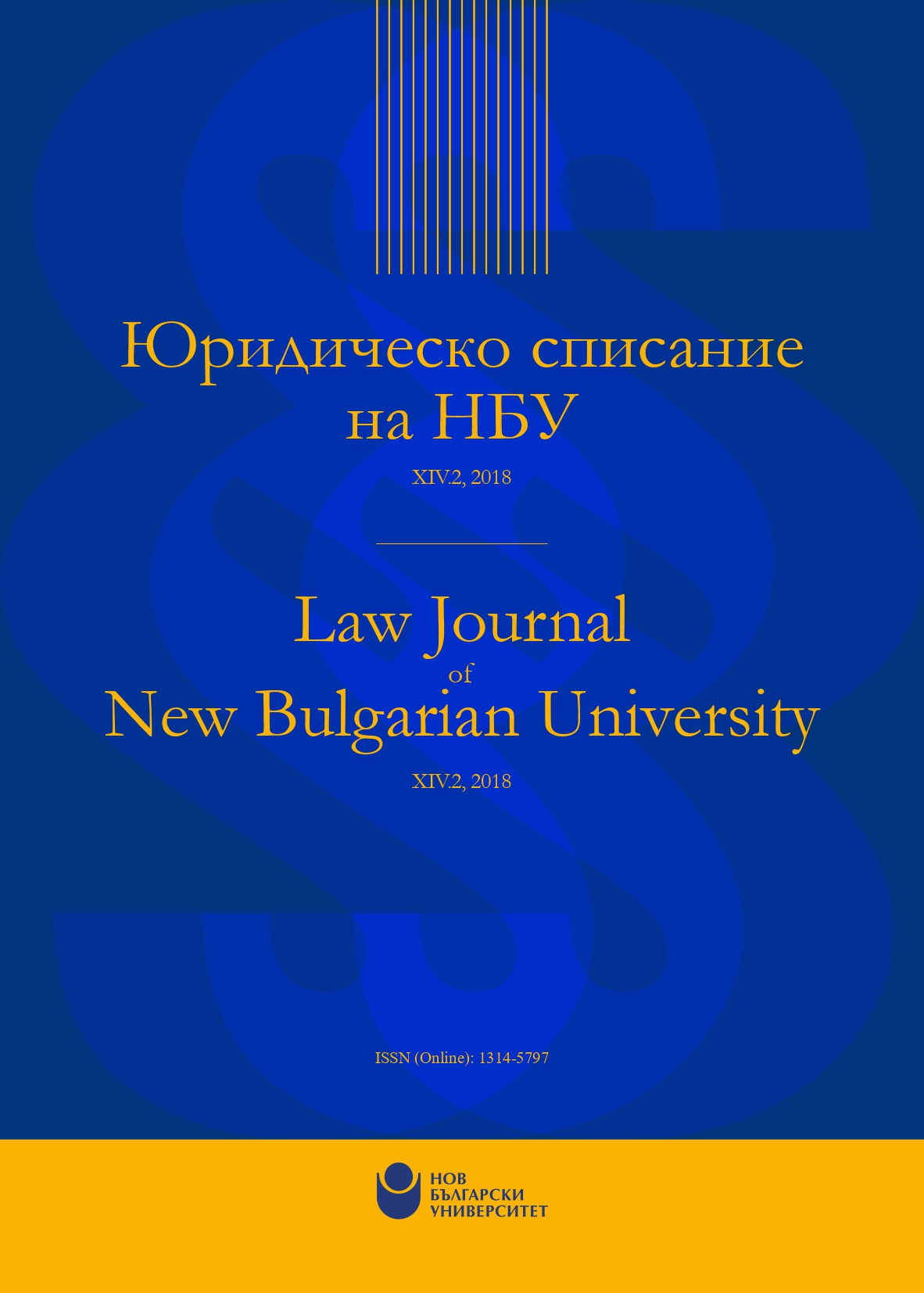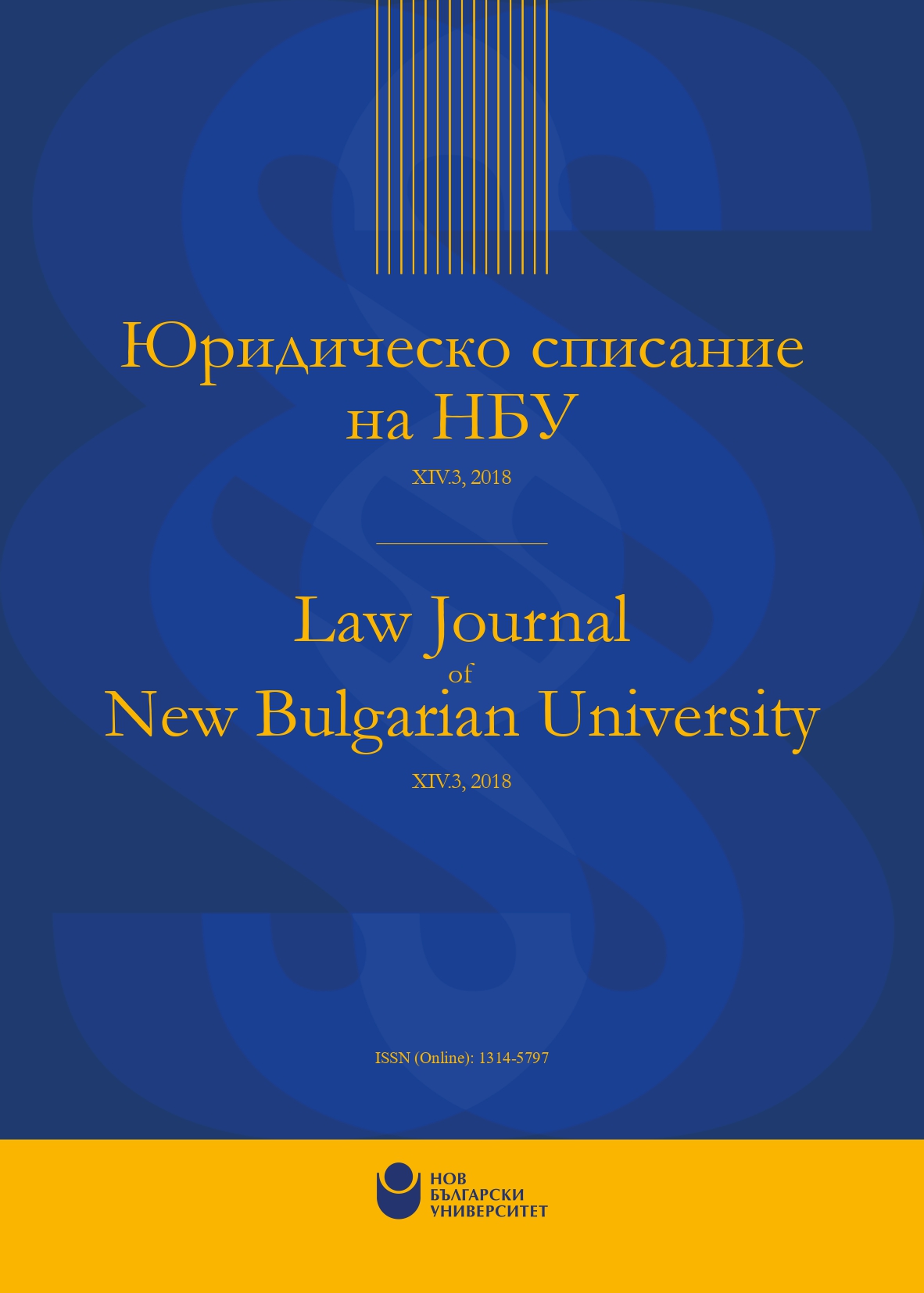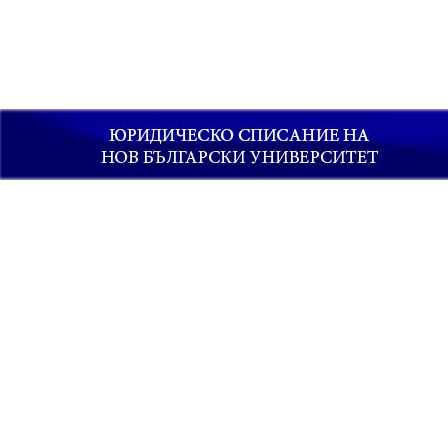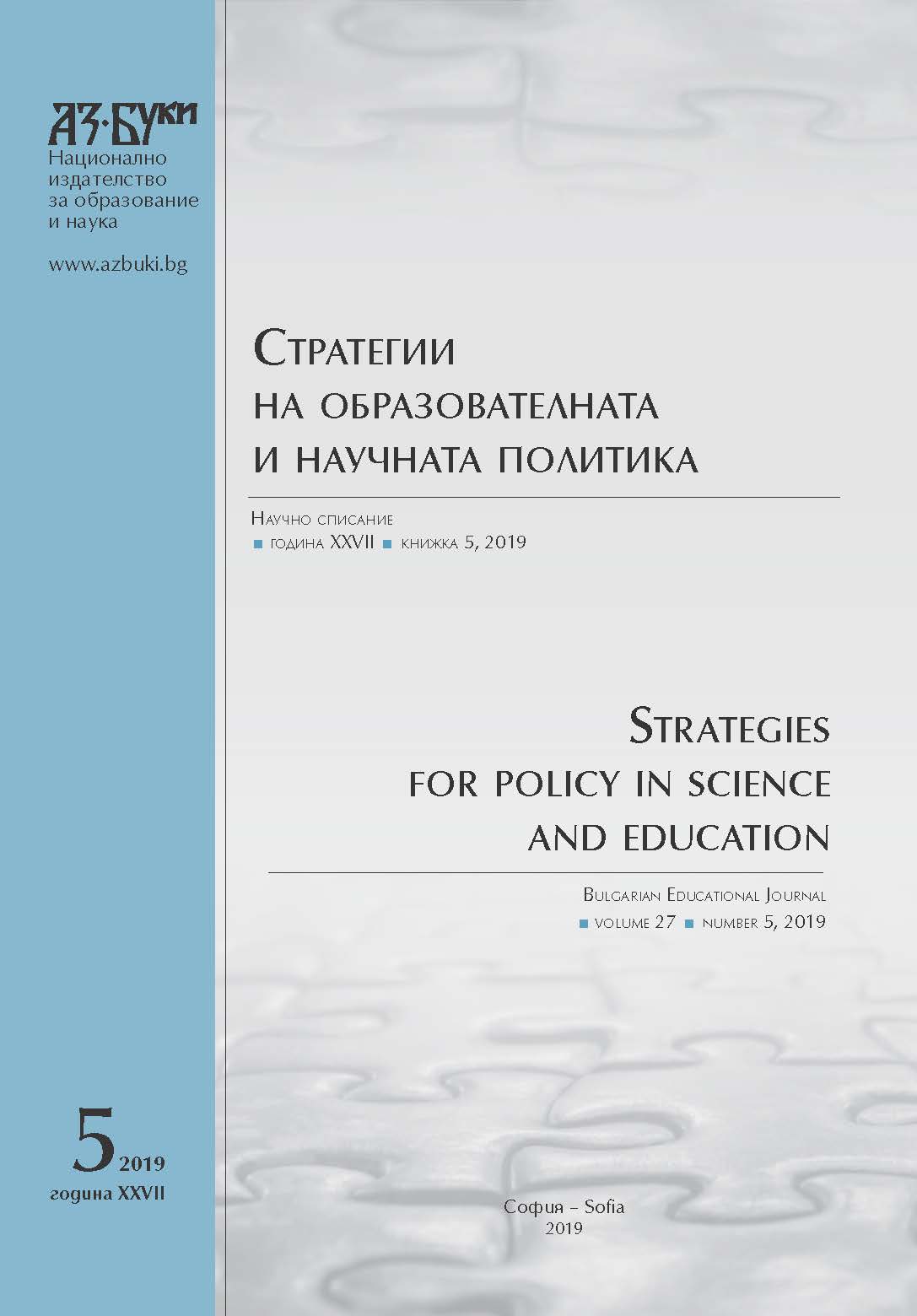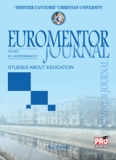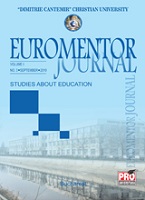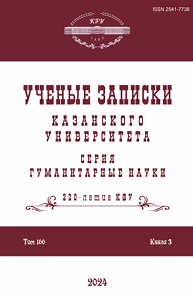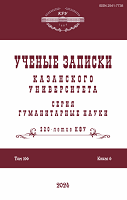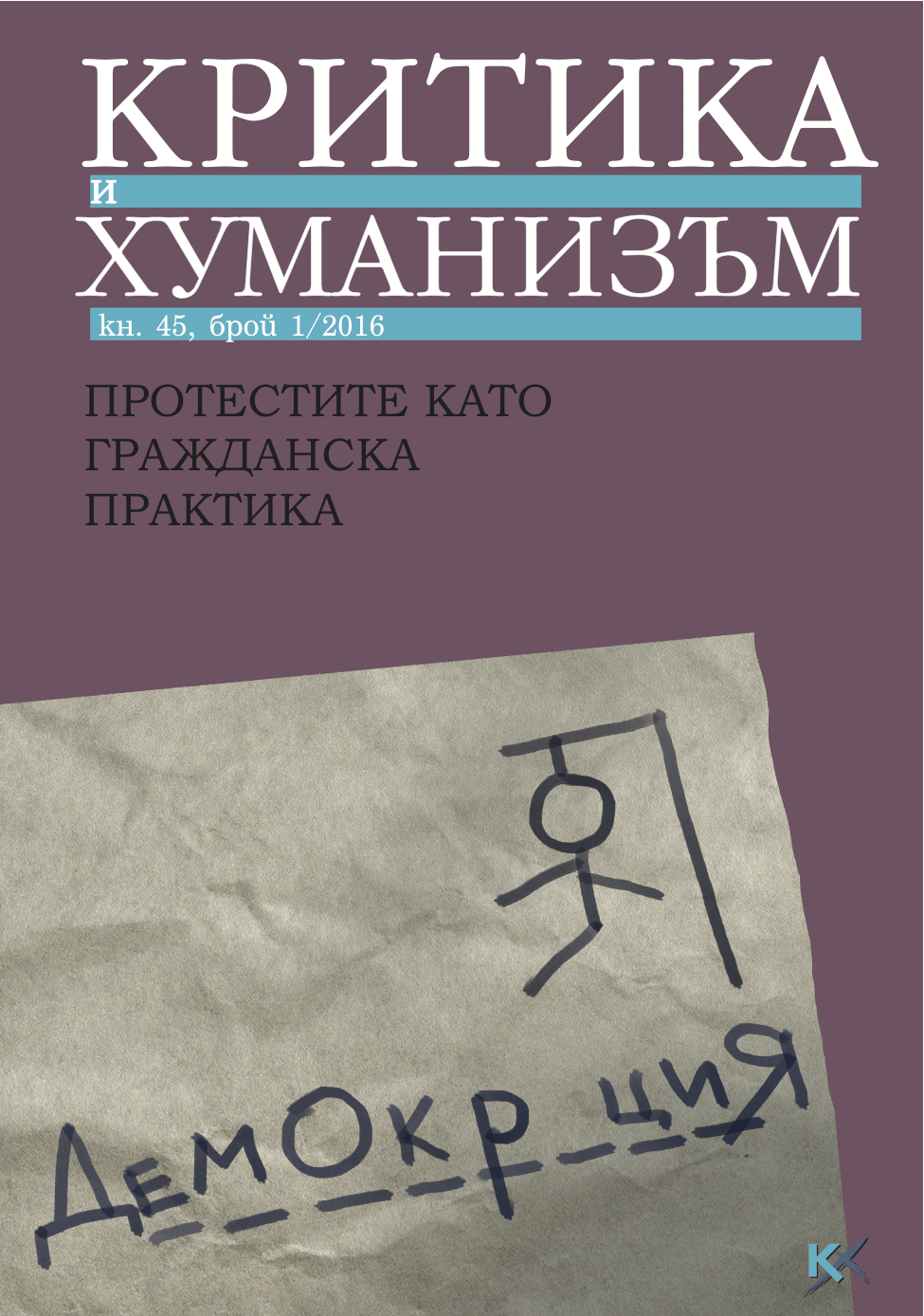
Страх и омраза на посткомунистическите улици: защо българският протест #ДАНСwithme затихва, а украинският Евромайдан ескалира?
For several months in 2013-2014, thousands of Ukrainians and Bulgarians participated in anti-government protests. However, the outcomes could not be more different. The Bulgarian government politically survived #DANSwithme, while Euromaidan precipitated President Yanukovych’s fl ight from Ukraine in late February 2014. Why did #DANSwithme gradually dissipate, while Euromaidan escalated into the worst episode of political violence since Ukraine’s independence? We know that medium levels of repression applied inconsistently during protests can lead to radicalization and violence. But we do not know whether the judiciary’s behaviour before and during the protests could affect the likelihood of an escalation towards violence. This article proposes a complementary explanation of protest radicalization, which posits that recent, unambiguous, and effective use of a pliable judiciary by political incumbents to punish and undermine the opposition raises the odds that both sides will engage in violence. Politicized selective justice raises the stakes ofvictory both for the government and for the protesters, and reduces the possibility of a compromise. In Bulgaria, where the judiciary, albeit politicized, has not been effectively used to undermine political opponents, protesters perceived the government’s attempts to engage in legal persecution as a hassle and the chances of imprisonment as remote. Neither should the Oresharski government have expected to be prosecuted in the event of losing offi ce. In Ukraine, by contrast, the judiciary had a clear recent track record of politicized selective justice both against protest participants and high-level politicians. Former PM Yuliya Tymoshenko and another Orange Revolution main actor and former minister of interior, Yuriy Lutsenko, served lengthy prison sentences. Consequently, both the leaders of the opposition and Yanukovych and his coterie probably expected that imprisonment would be inevitable if they did not come out as winners of the Euromaidan standoff.
More...
